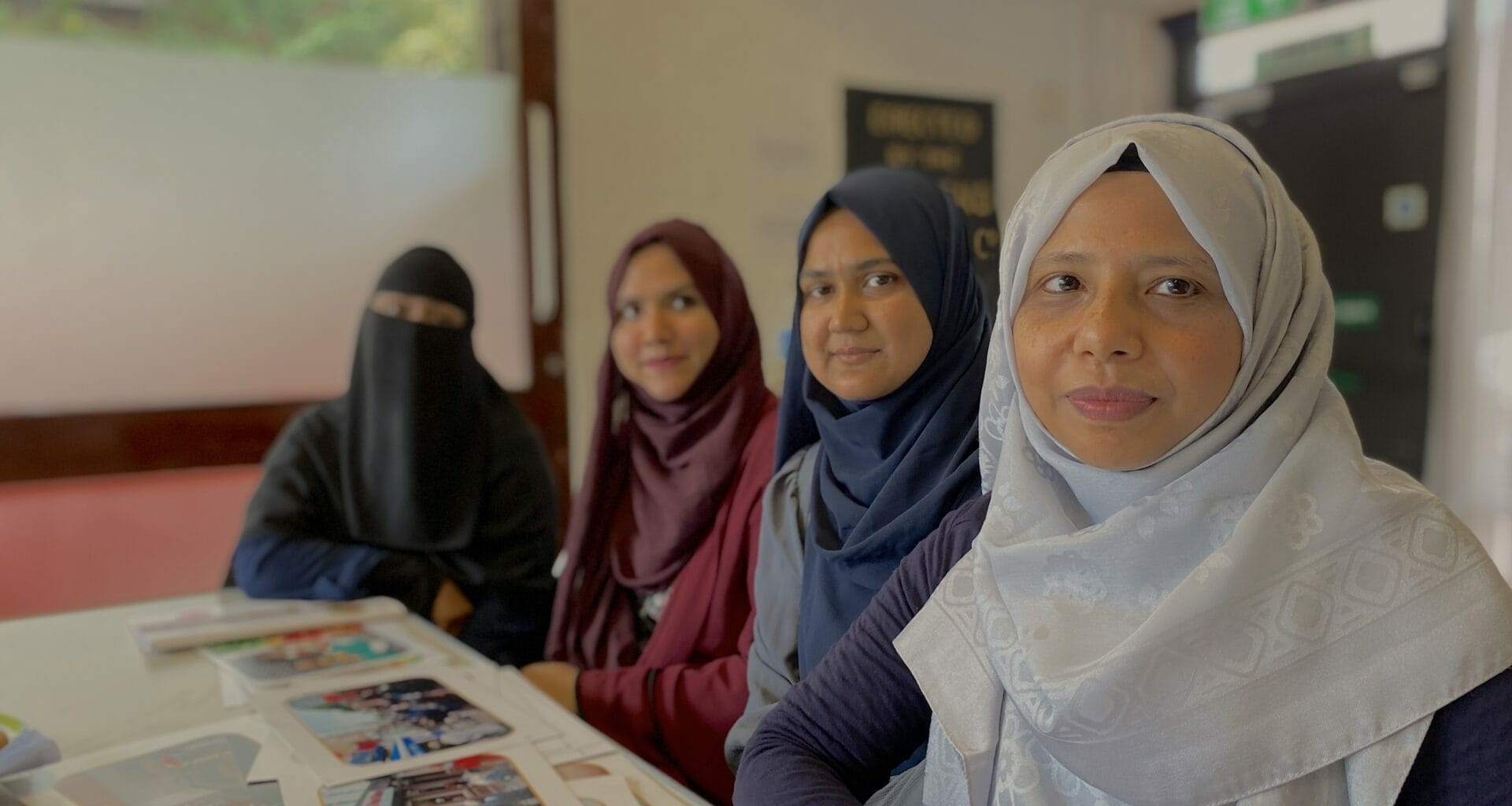

“We know that the first 1000 days are the most important time in a child’s life. If you get that right you have a much better chance of a life being healthy in the future.” Professor Monica Lakhanpaul, the Nurture Early for Optimal Nutrition (NEON) project
The Ferret investigates… the Health Gap, is a three-part special podcast from The Ferret media co-op and Greater Govanhill magazine looking at the health gap – that’s the stark difference between the health and wellbeing of people depending on whether you live in Scotland’s most, or least, deprived communities.
In Scotland, men in the most deprived areas have a life expectancy of almost 14 years less than those in the most affluent areas. And for women that gap is ten and a half years.
This podcast – part of our year-long Mind the health gap solutions journalism project – doesn’t just highlight the problem but looks at the responses from Scotland and beyond that might help us fix it.
In January this year, UK charity the Health Foundation published a report – Leave no one behind – which revealed that the gap in Scotland was widening
Researchers said there were three main factors driving that – child and infant health, drug-related deaths and the health and wellbeing of young and middle aged men. This podcast aims to look at each in turn. Our reporters spoke to people from across Scotland, the rest of the UK, India, Canada and the United States to get inspiration about what works.
Episode one – Why does a good start matter for our children’s health? – looks at the challenges in terms of child and infant health and wellbeing across Scotland.
The Health Foundation report found inequalities have widened both in terms of low birth weight, and the risk of obesity at the start of primary school.
In Scotland in recent years we’ve had lower levels of child poverty than elsewhere and that’s because the Scottish Government has chosen to invest in things like the Scottish child payment.
Linda Bauld, professor of public health at Edinburgh University and Scottish Government advisor
Five years ago, former first minister Nicola Sturgeon announced a plan to halve childhood obesity in Scotland by 2030, but recent data shows that it’s actually increasing.
Meanwhile the roll-out of universal free school meals –currently available to children from primary one to five – has stalled.
But Linda Bauld, a professor of public health at Edinburgh University and Scottish Government advisor, who features on the podcast, said there were positive signs in terms of the impact of the Scottish Child Payment.
Latest figures released by the Scottish Government show that 3,575 children have been in recipient of the £25 per week payments since they were introduced in 2021.
“There have been particular increases in extreme child poverty,” she told the podcast team. “But there is some good news. In Scotland in recent years we’ve had lower levels of child poverty than elsewhere and that’s because the Scottish Government has chosen to invest in things like the Scottish child payment.
“So although the trend has been going in the wrong direction it’s probably one indicator where we’re starting to see Scotland actually see some improvements and that will have an impact on health inequalities.”
We also heard from migrant women accessing English lessons at Milk Cafe in Govanhill, Glasgow about the challenges of eating well on a restricted budget, and visited the Nurture Early for Optimal Nutrition (NEON) in the London borough of Tower Hamlets.
The project, which is currently of interest to Glasgow South’s health improvement team, works alongside families to create healthy eating patterns and better support their children’s development. Its project was created with new mothers from the Bangladeshi community.
You can find all three parts of The Ferret investigates…health gap on The Ferret or wherever you get your podcasts.
Credits:
Hosts: Karin Goodwin, of The Ferret and Samar Jamal, of Greater Govanhill magazine
Interviews: Karin Goodwin, Rhiannon Davies, and Samar Jamal
Production: Halina Rifai and Karin Goodwin
Episode editing and sound: Halina Rifai
Music: Loris S. Sarid
Package about Nurture Early for Optimal Nutrition
Reporting and writing: Samar Jamal and Rhiannon Davies
Editing and sound: Flora Zajicek
Main image: NEON project. Credit: Samar Jamal
This article is part of our Mind the Health Gap project, funded by the European Journalism Centre, through the Solutions Journalism Accelerator – a fund supported by the Bill & Melinda Gates Foundation.














